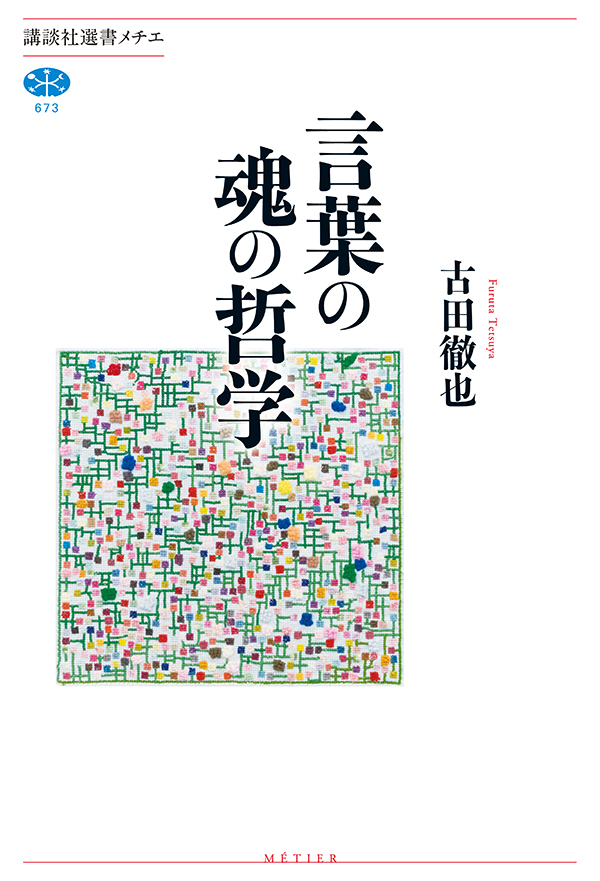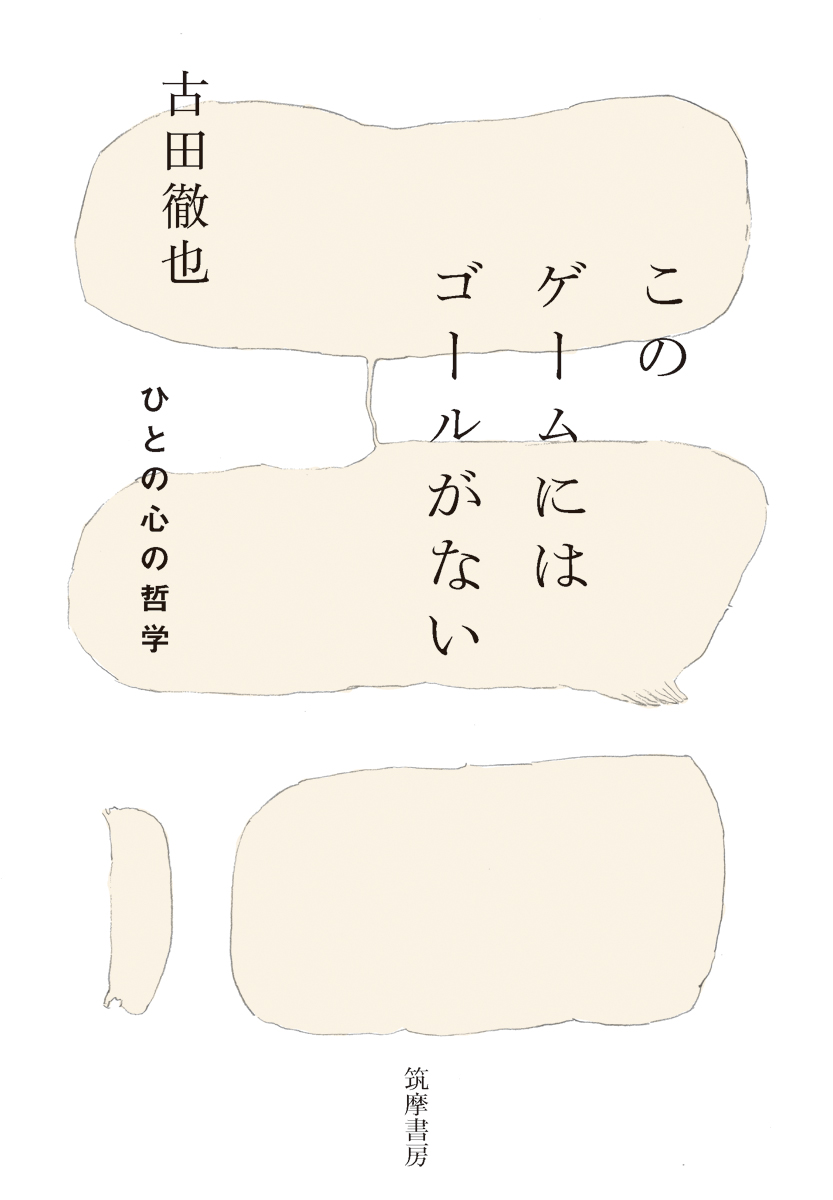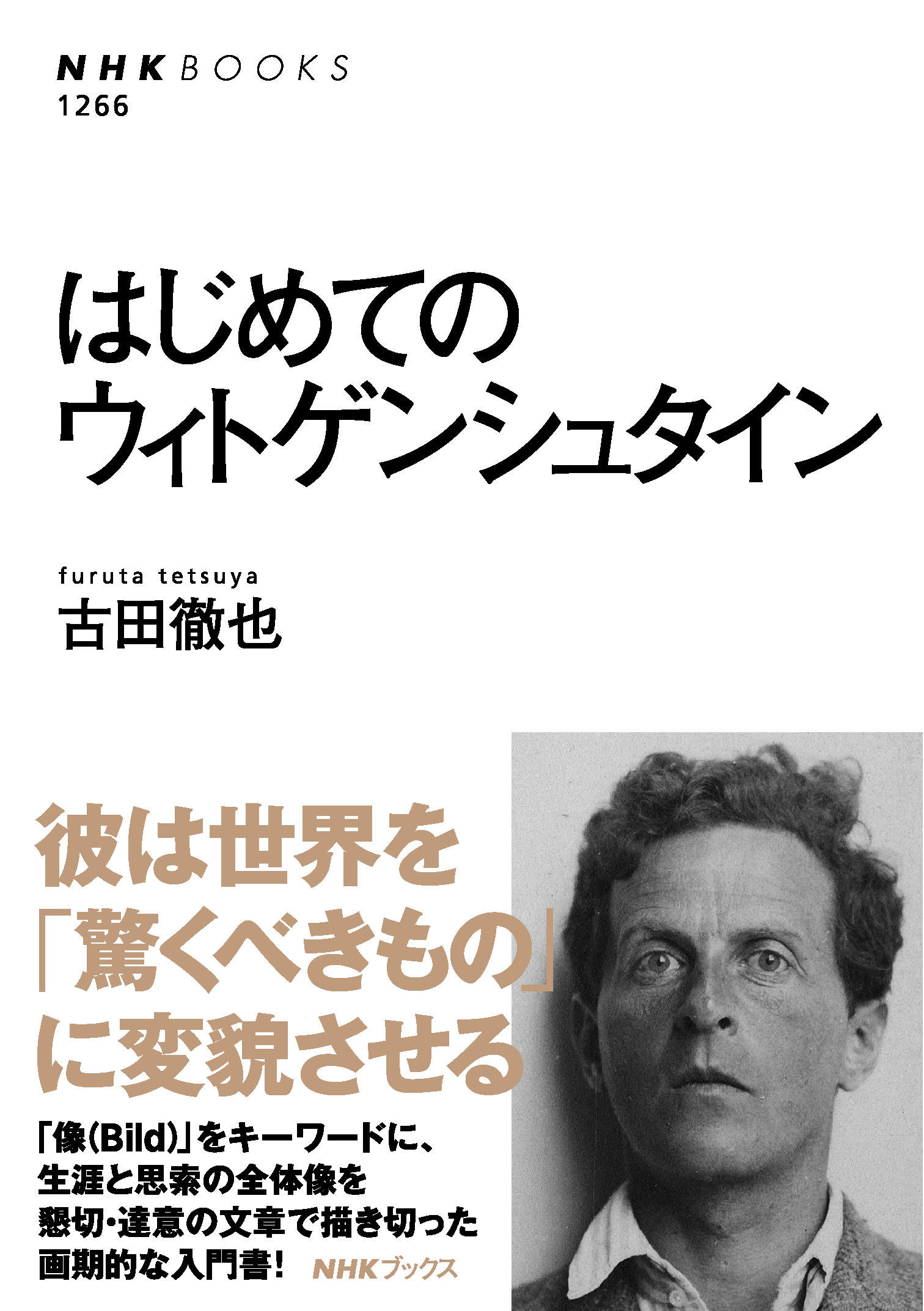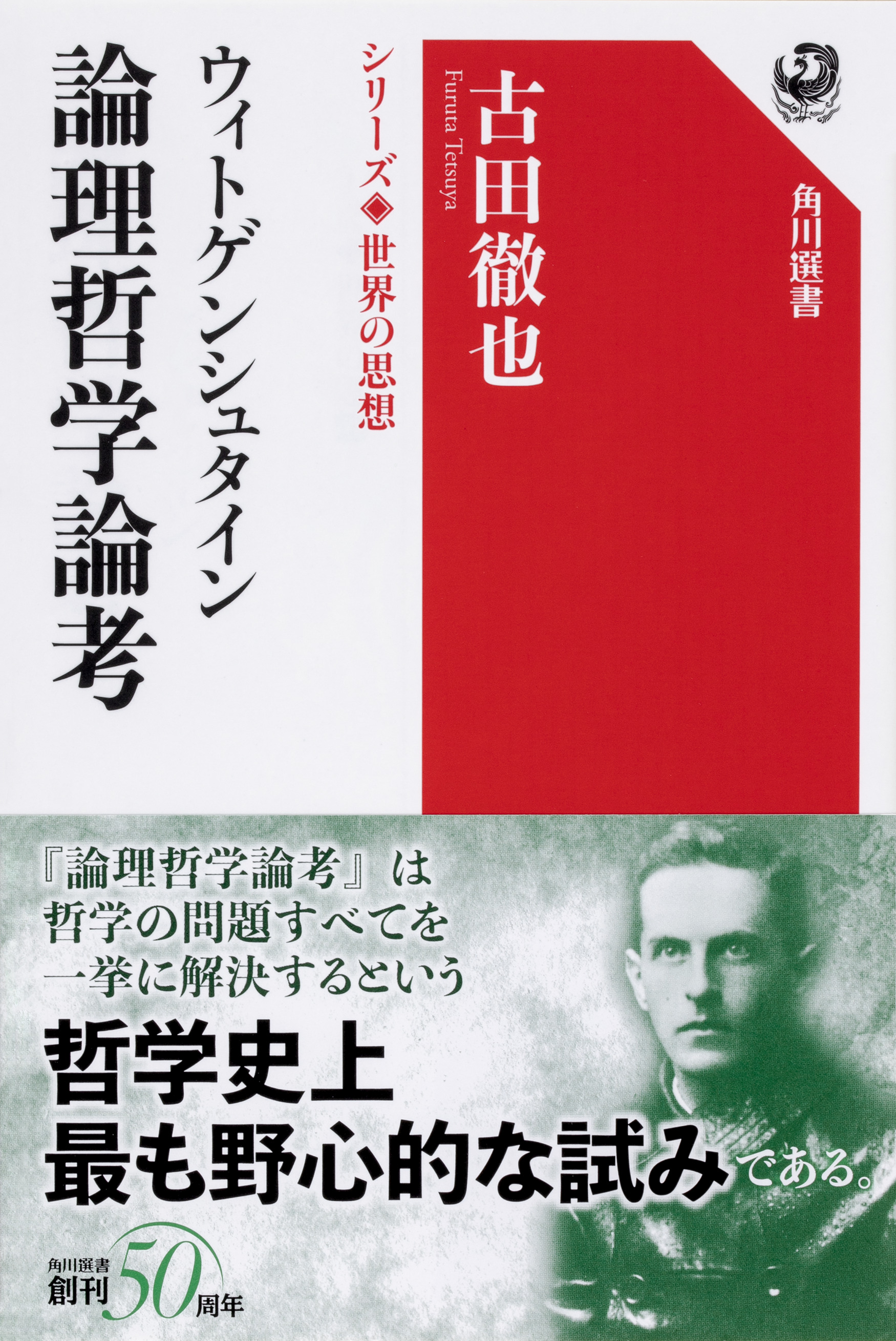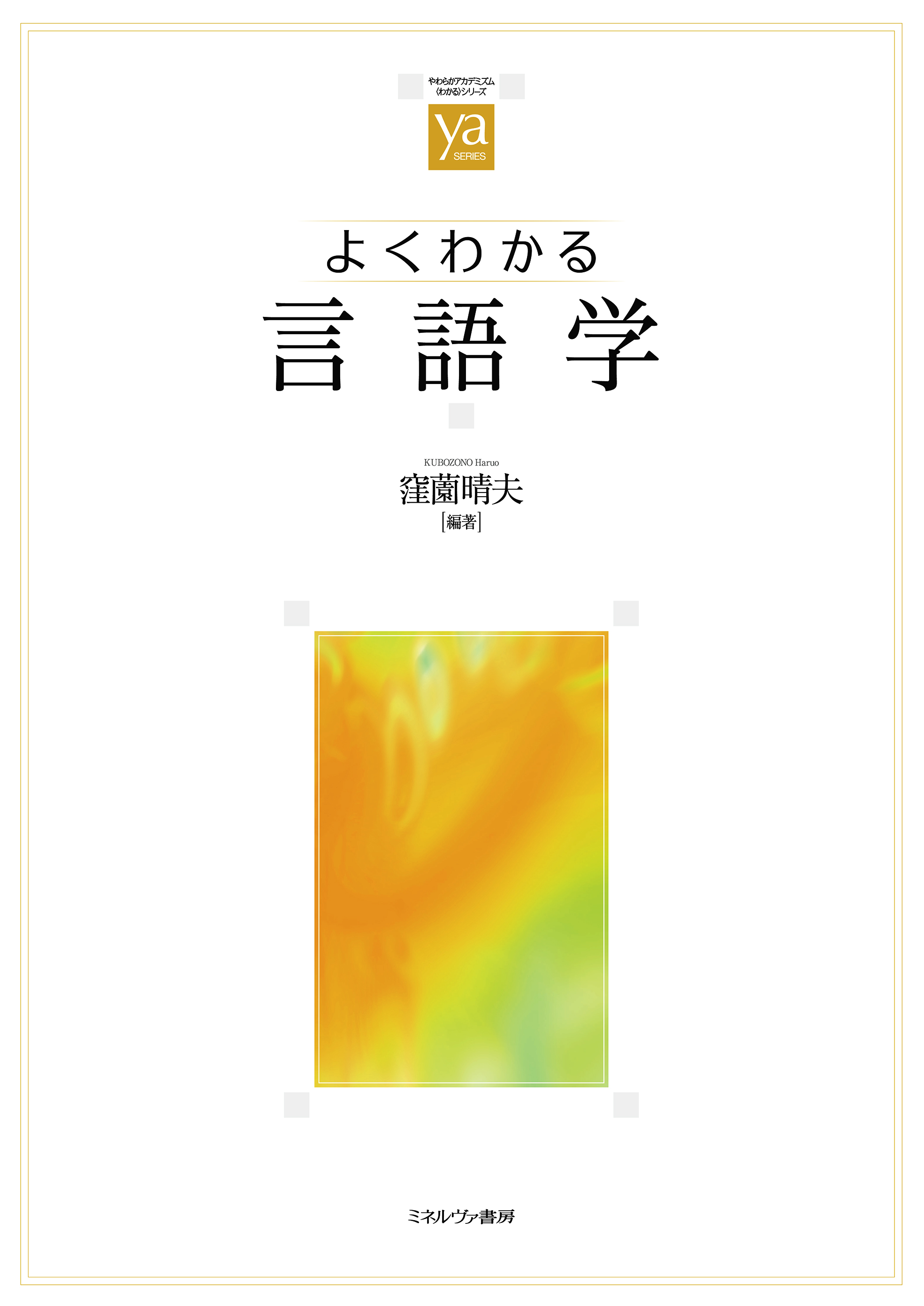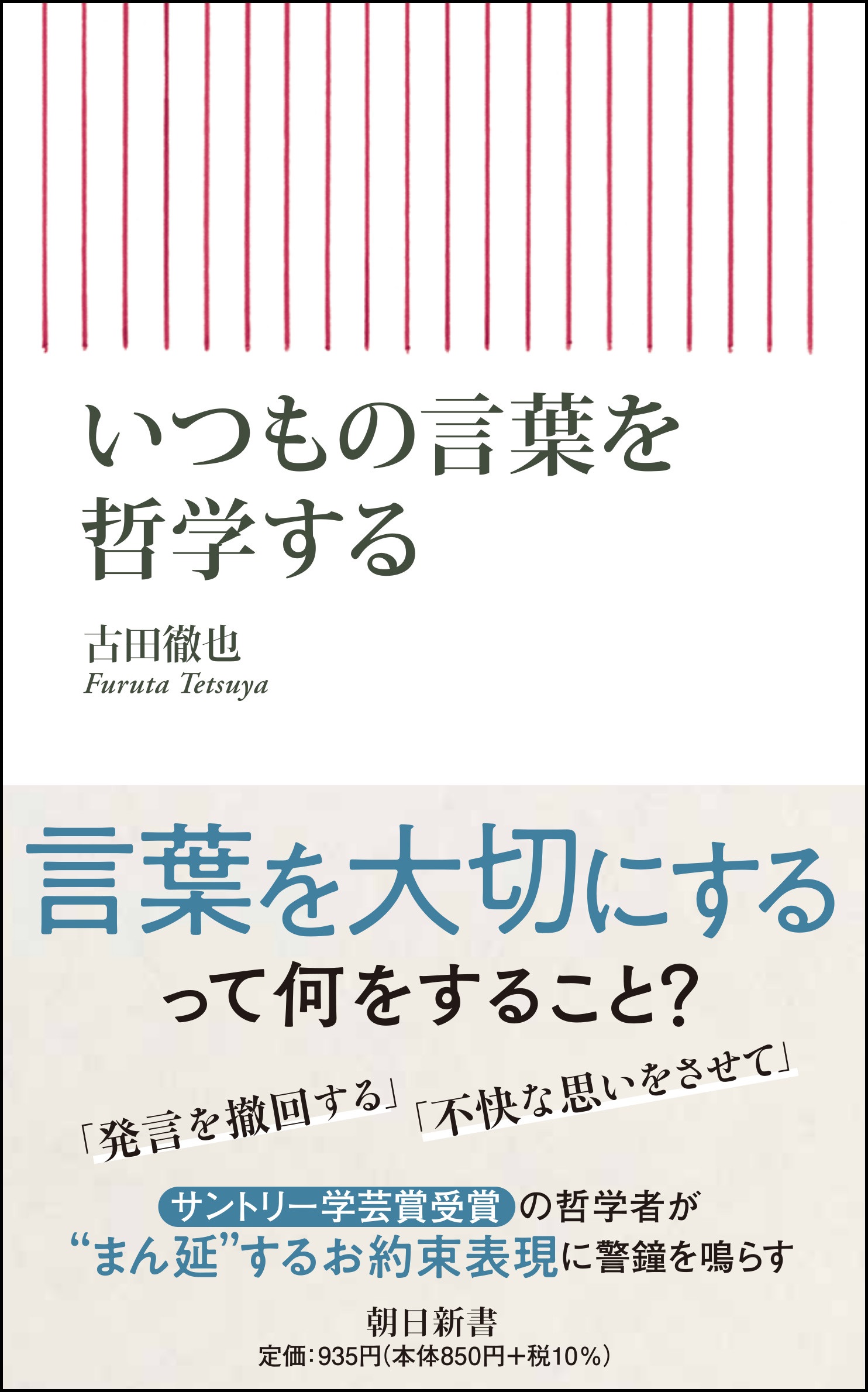
Title
Itsumo no Kotoba wo Tetsugaku-suru (Philosophizing “Everyday Words”)
Size
296 pages, paperback pocket edition
Language
Japanese
Released
December 13, 2021
ISBN
9784022951533
Published by
Asahi Shimbun Publications
Book Info
See Book Availability at Library
Japanese Page
This volume explores the “everyday words” that thrive in our general society and daily lives by examining them from various angles. In particular, this volume aims to clarify what it means to “use words carefully,” offering concrete examples of familiar words, to illustrate the importance of such practice.
The first chapter examines the concrete realities of life with language to confirm language as a “living cultural heritage.” The chapter confirms that the use of language shapes our lives. The second chapter deals with the over-standardization of the vocabulary and forms of expression that we “should” use, as well as the prevalence of standardized exchange of phrases, while also asking what language practices are necessary for our current society and life. In the third chapter, the variety of new words that inundate our lives¾including an almost overflowing, incomprehensible usage of words, as well as the myriad of katakana words and technical jargon being thrown around¾are analyzed with respect to their implications, unique or interesting aspects, and dangers. Finally, the fourth chapter examines the meaning of words as they change with the times and circumstances, the discrepancy between the changes in our society and general lives, the associated aging and fading of words, and the phenomenon of the distortion of meaning or “disfiguration.”
How should we deal with the changing meanings of words, their aging, or their fading from use? How should we deal with the continuous creation of new words and “buzzwords?” How much attention should we devote to platitudes and clichés? What is the importance of capturing the subtle nuances of individual words? In response to these questions, the following topics are explicitly addressed in this book: the strengths and drawbacks of the words we often hear nowadays, such as "nuke-kan" or "kibo-kan"; the significance of terms such as "oya-gacha" often used by youths; the issues there might be using apologies such as "…if I have misled you…" or "…if I had offended you…."; the history of the word "kawaii"; the richness of onomatopoeia; difficulties with the terms that refer to spouses; the merits and demerits of katakana words such as "ke-a"; the inundation of “mixed writings of kanji and hiragana”; and many more topics.
By exploring these diverse themes and analyzing the “everyday words” that are, for better or worse, common in our lives today, the book repeatedly returns to the following point: our society and general life are inextricably linked together with language and that such language exists as fields of expression and dialogue. However, this volume also notes that certain expressions and dialogue can be marred by the careless treatment of language, while they can be protected and enriched by the appreciation of language. Therefore, I trust that this volume will be useful in that it touches on both the joy and horror of the language that supports our present society and daily lives, as well as the dangers associated with being indifferent to language.
(Written by FURUTA Tetsuya, Associate Professor, Graduate School of Humanities and Sociology / 2022)



 Find a book
Find a book




